(The author Philip Webb has been creating and managing businesses for the past 30 years, and has helped many companies find success and growth. He currently holds two NED positions and runs a UK charity.)
Governance may not be the most exciting topic – it’s one that evokes thoughts of rules and legal things that are the antithesis of entrepreneurism, surely? Not necessarily.
There is no “one size fits all” approach to governance, but legal compliance, risk control and strategy and planning should be the beating heart of every board of directors.
There is a particularly strong requirement to have a clear and defined approach to governance in place within family businesses where there is a blurring of family and business systems or where the owner-manager holds multiple roles and responsibilities.
It can come down to which hat you’re wearing when key decisions are made!
For example, directors are often clear in the understanding that each director has one vote around the boardroom table, but less clear when a director with more shares declares a special vote, as they “control the company”. It is this thought that flies in the face of the legal process and is the cause of many businesses decline over time.
Likewise, a shareholder can own shares in the company, but in law they have no legal rights to even enter the business premises uninvited, and cannot issue instructions to staff, suppliers, or other directors even. In other words, shareholders have no authority IN the business, and their only control lever is to appoint or sack the board of directors. This can be tricky when you are a shareholding director!
Instructions and authority, through the Articles of Association, is translated by appointed directors, who have the vested powers to control and run the company as they see fit (within the terms of the Articles).
Then is the separation between employee and directorship. In the board room, the behaviour of a director should be severed with that of their day-to-day employment and job – leave your job title at the door of the boardroom please, otherwise governance is compromised.
Whilst it may be necessary to wear multiple hats, the approach taken is important if you are to maintain a professional board which is capable of making robust decisions within a proper legal framework.
Done right, it will accelerate your business results, improve decision making, provide clarity to your teams, and drive profits and productivity.
Done wrong, legal spaghetti messes can occur that can compromise the legal protection of every director, and cause confusion and conflict where it need not exist.
Is governance still a dry subject? – I hope not.
Philip Webb, the author is available at [email protected] or 07711 008350 for further advice on matters of family business governance.







 Login
Login
